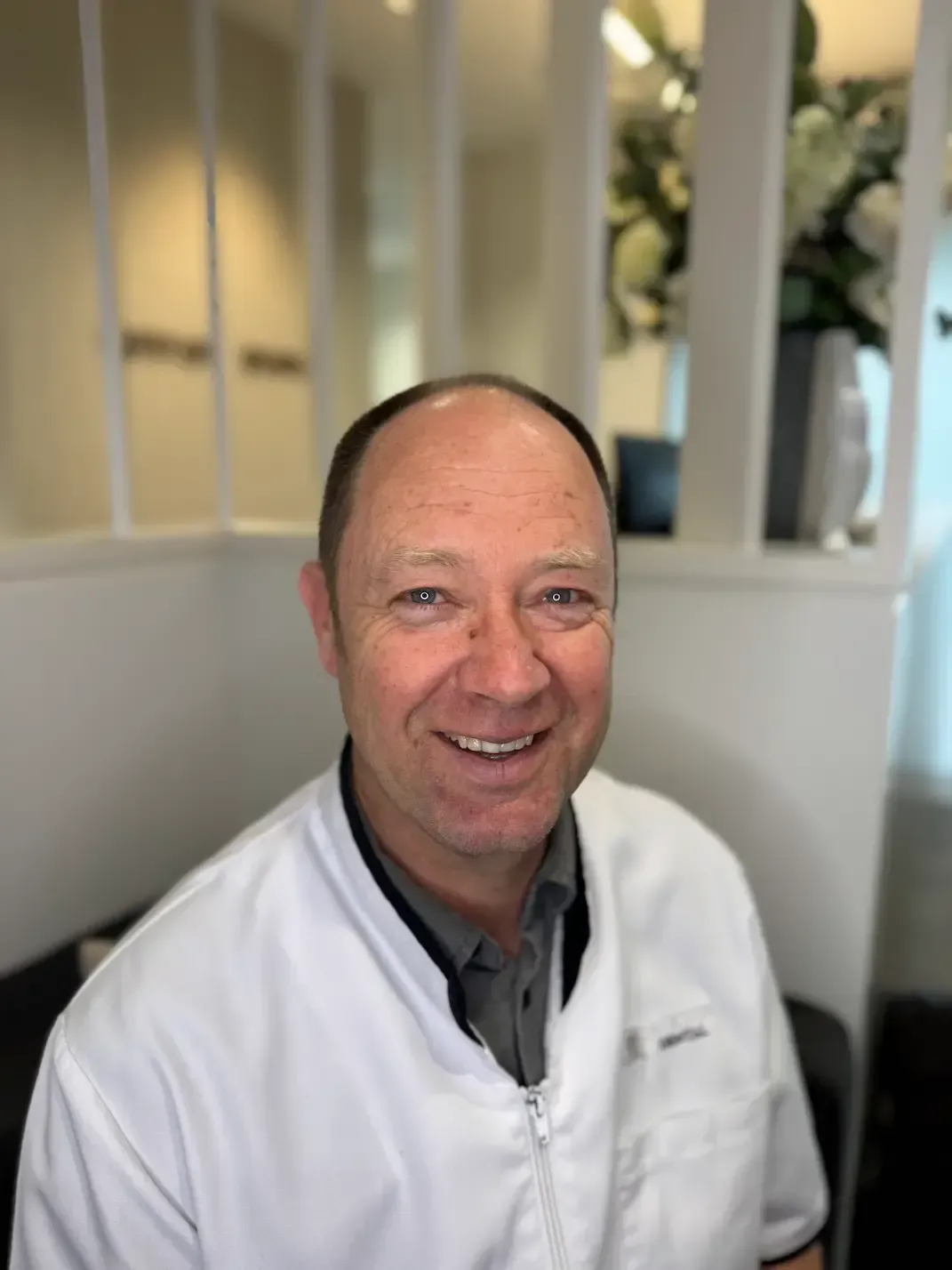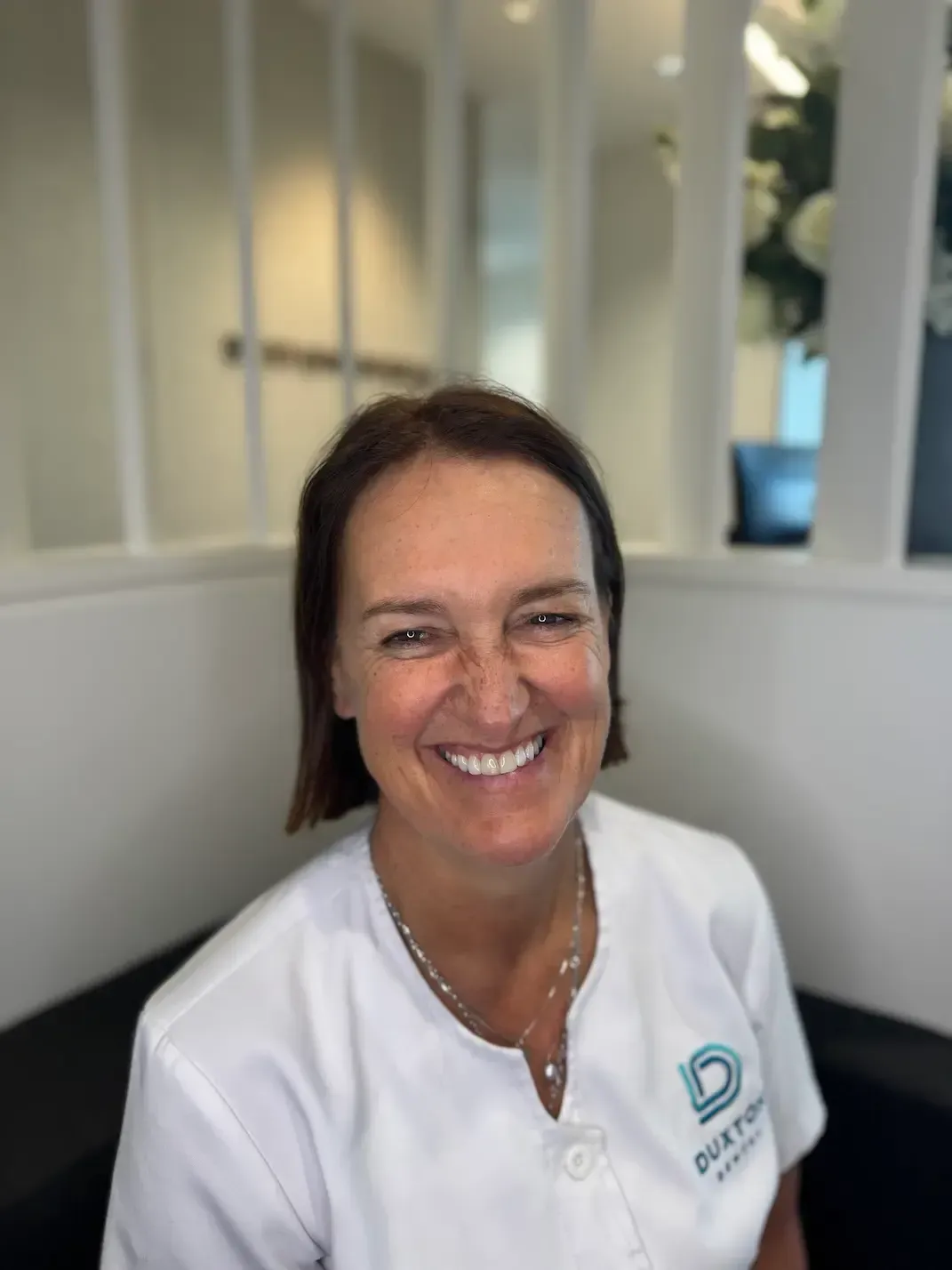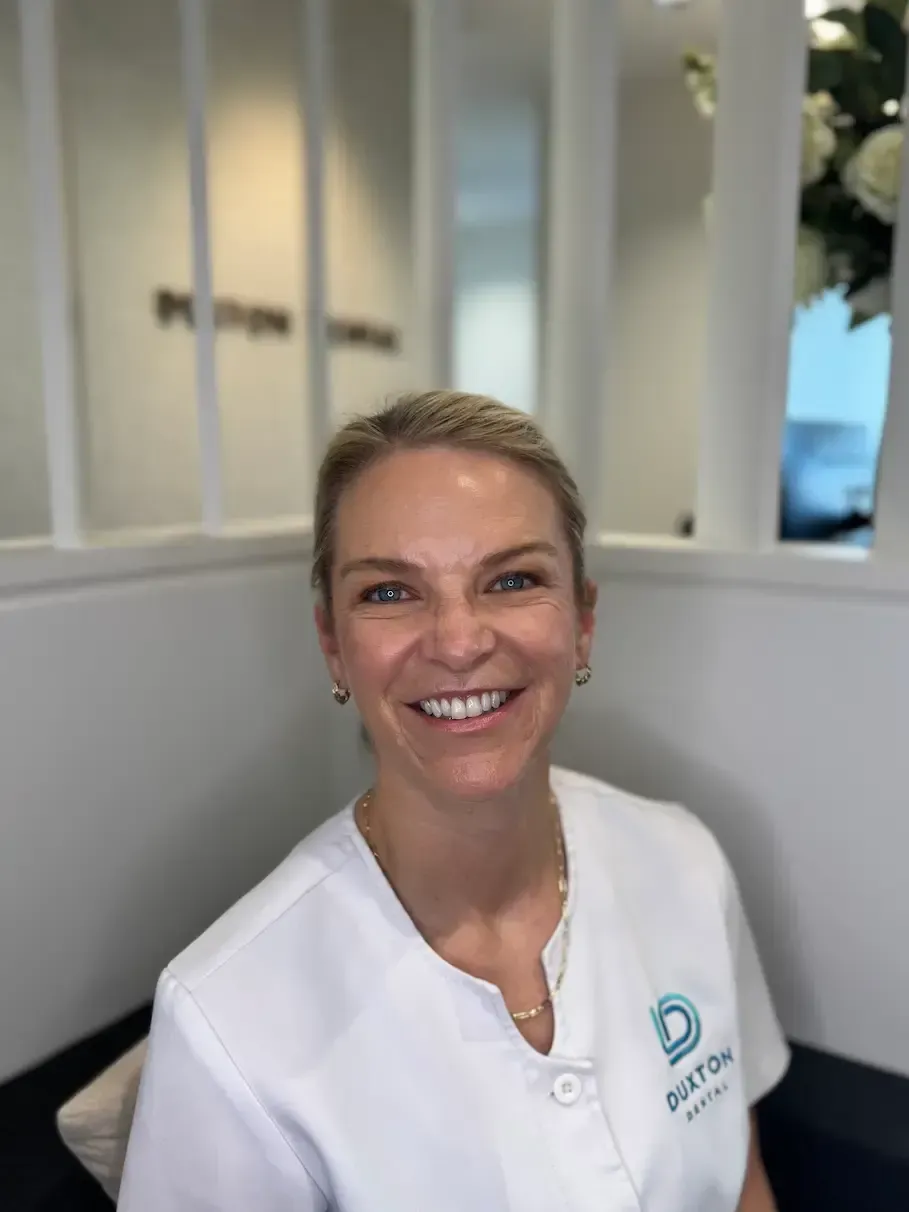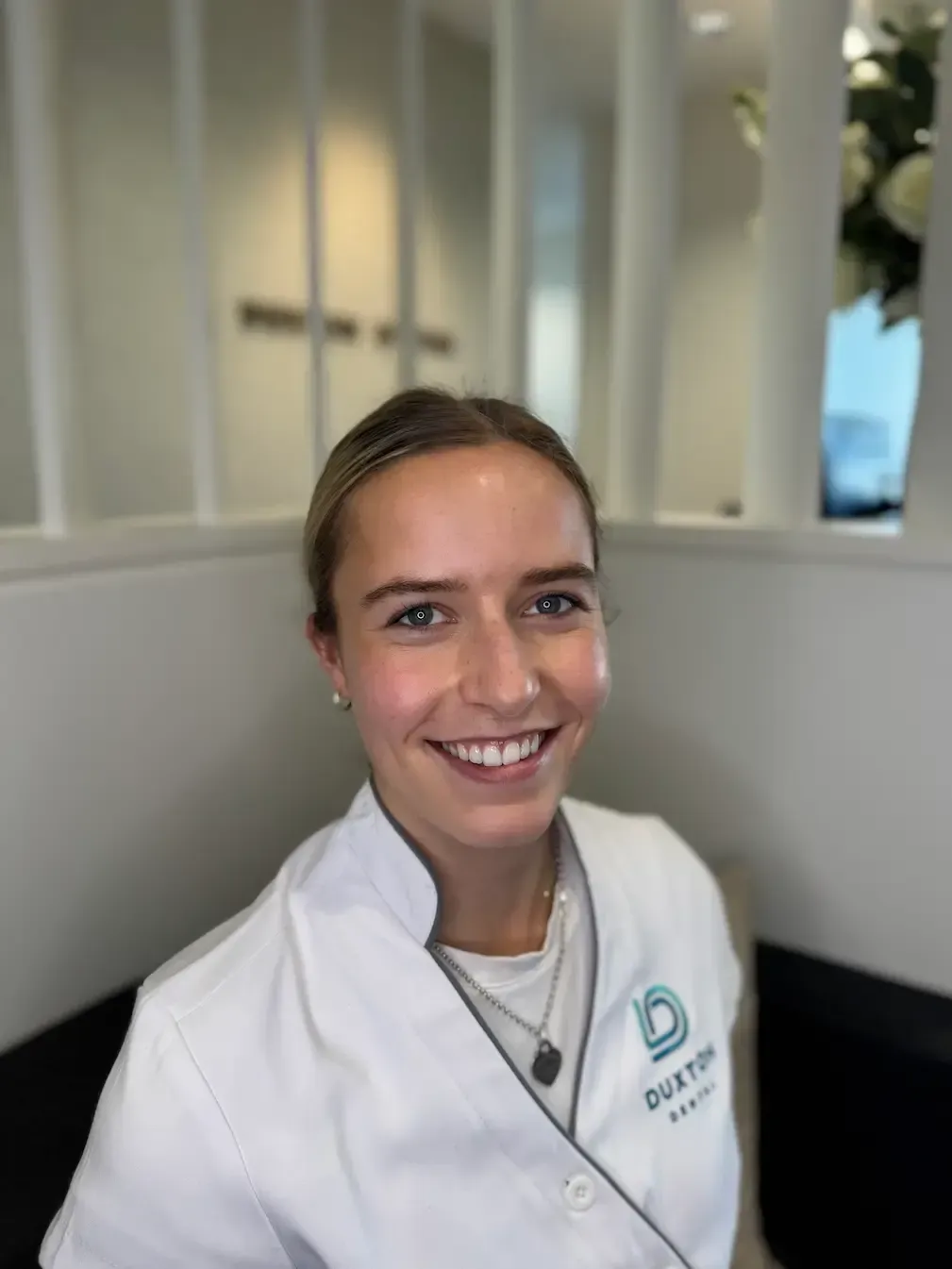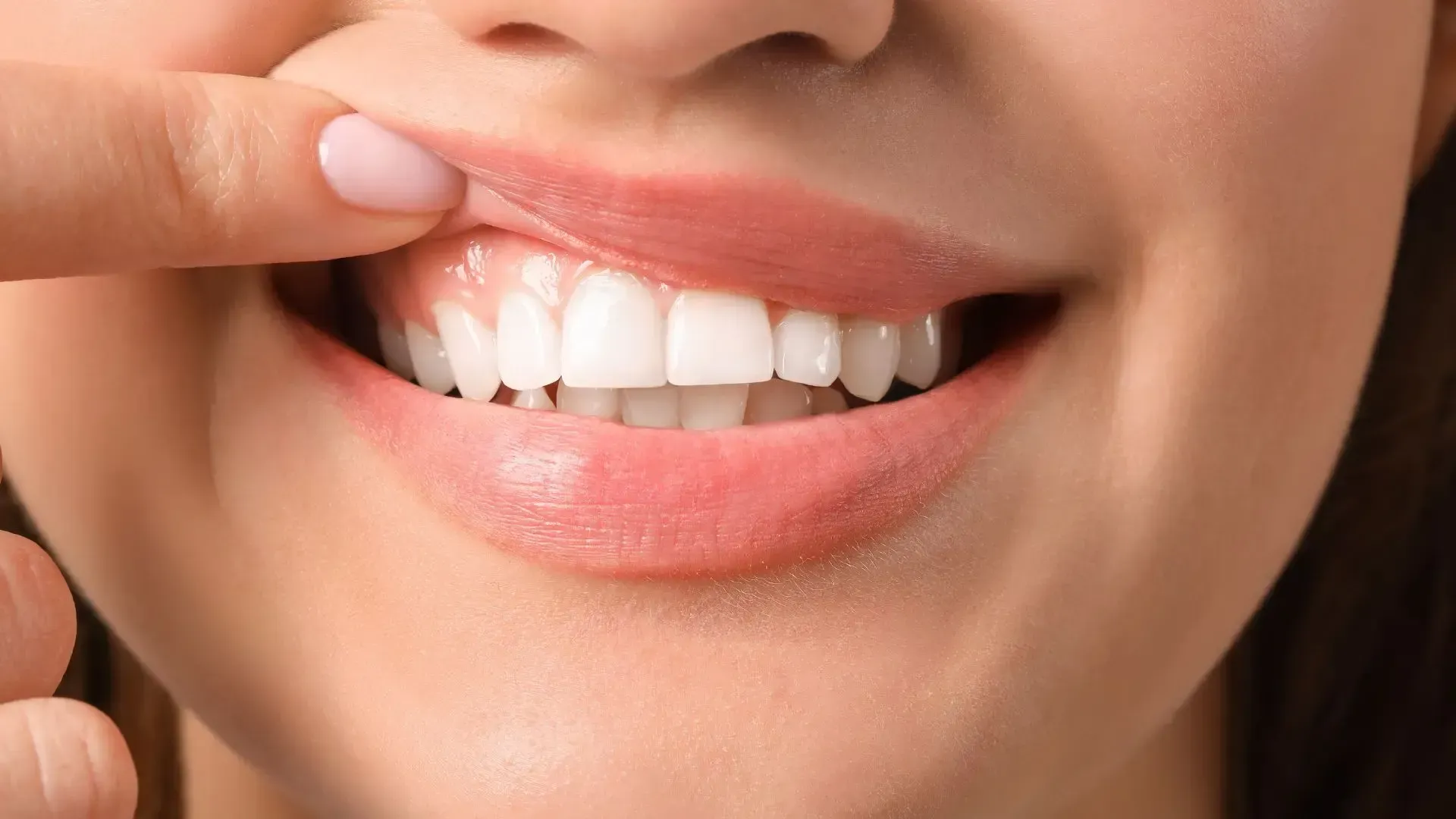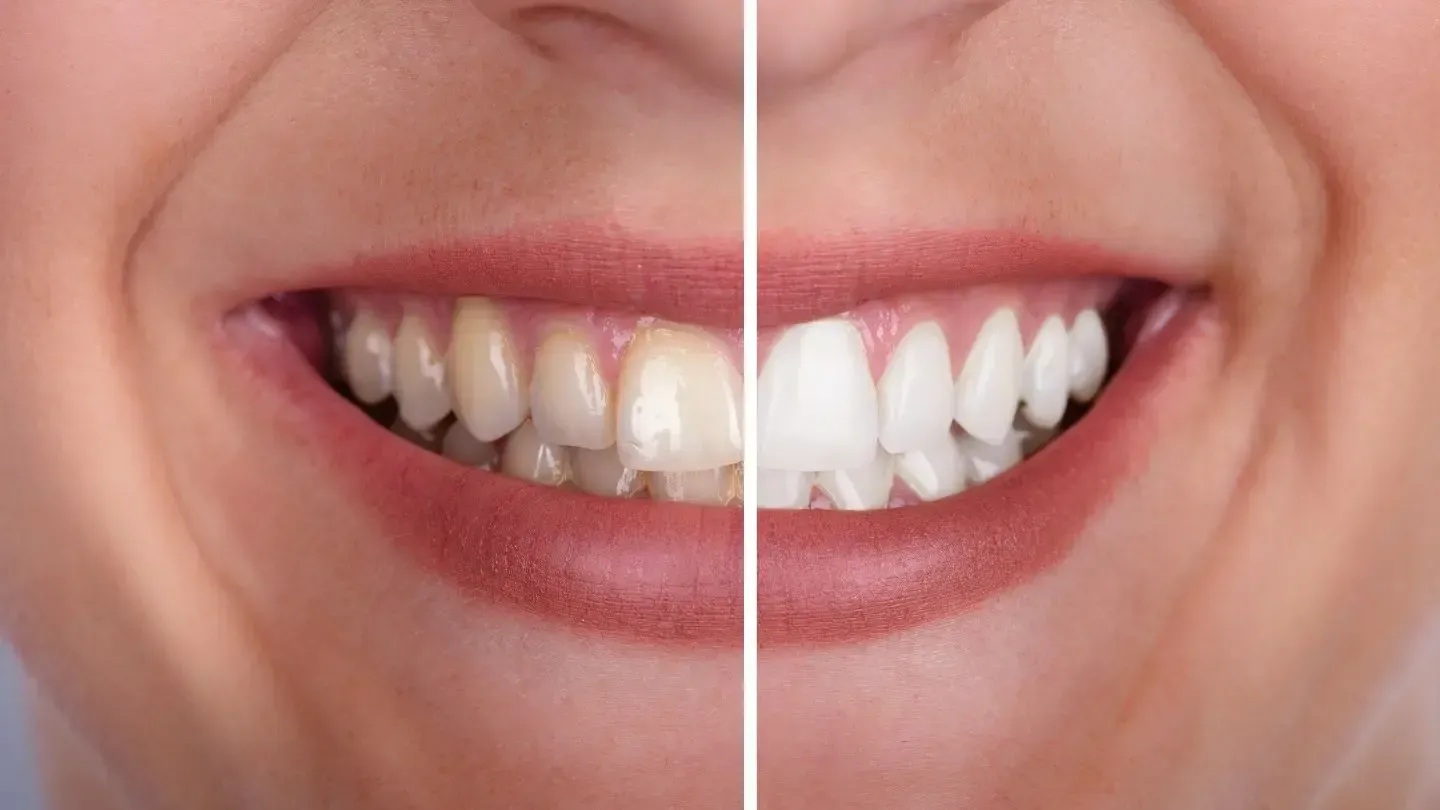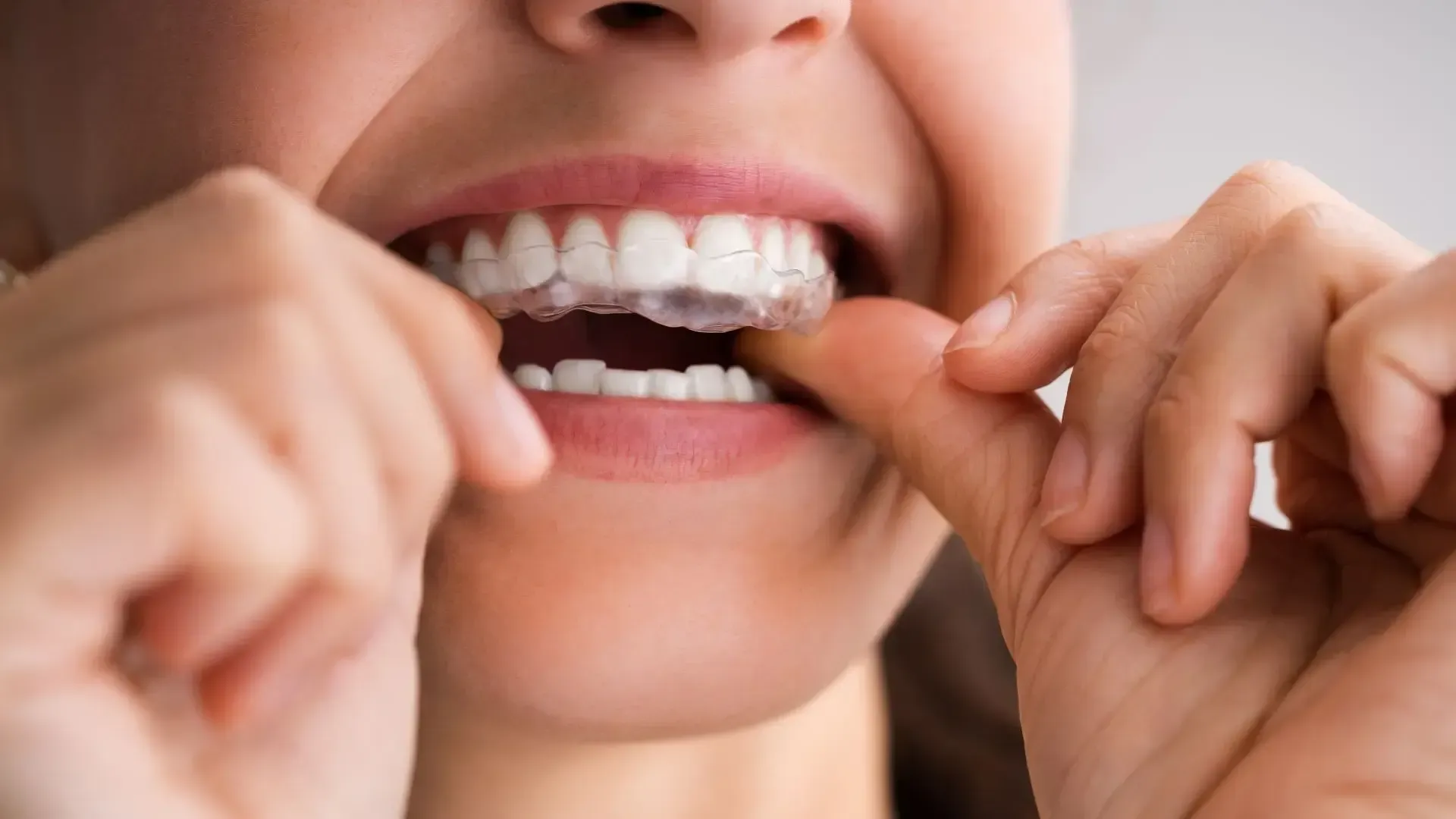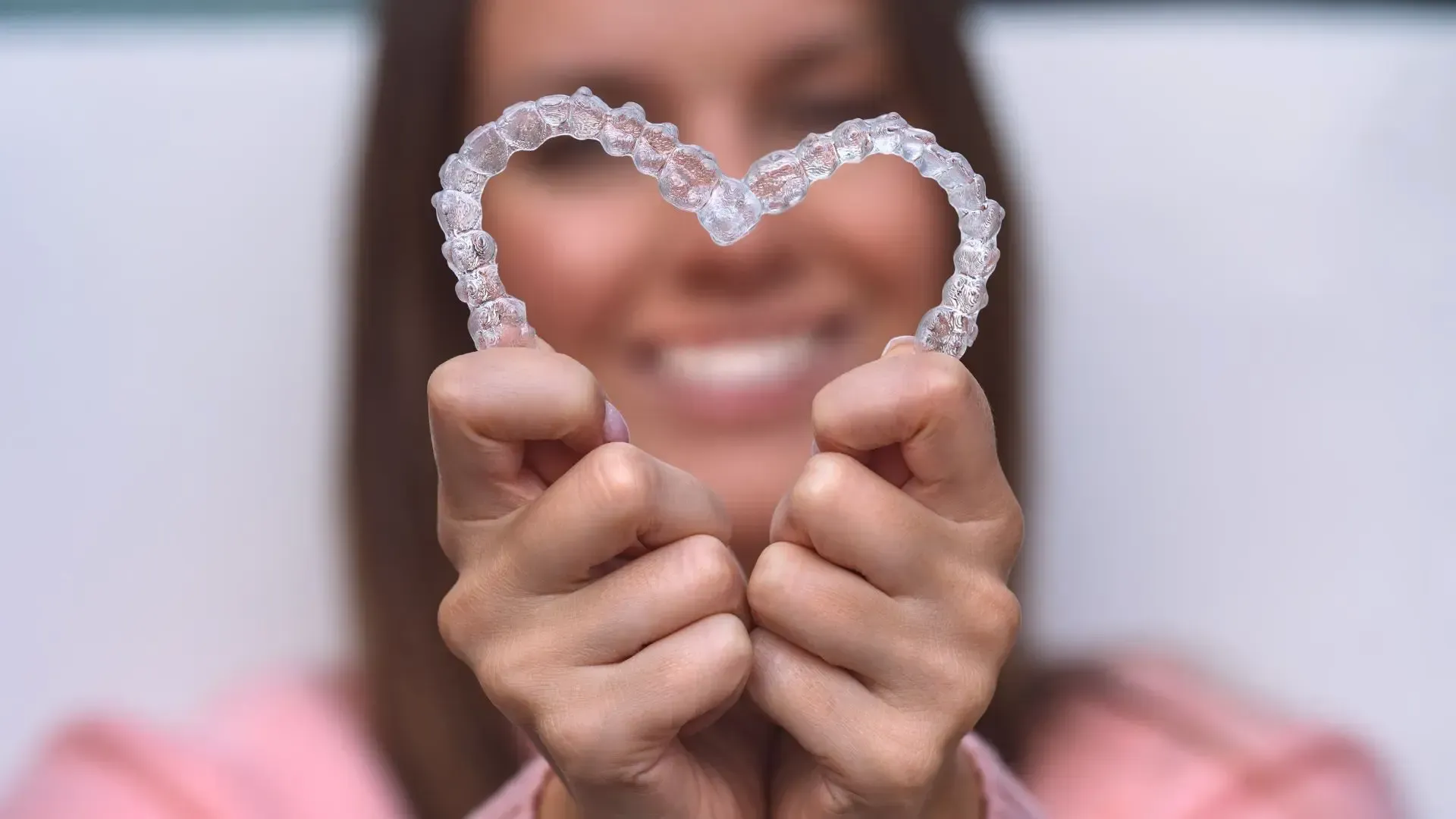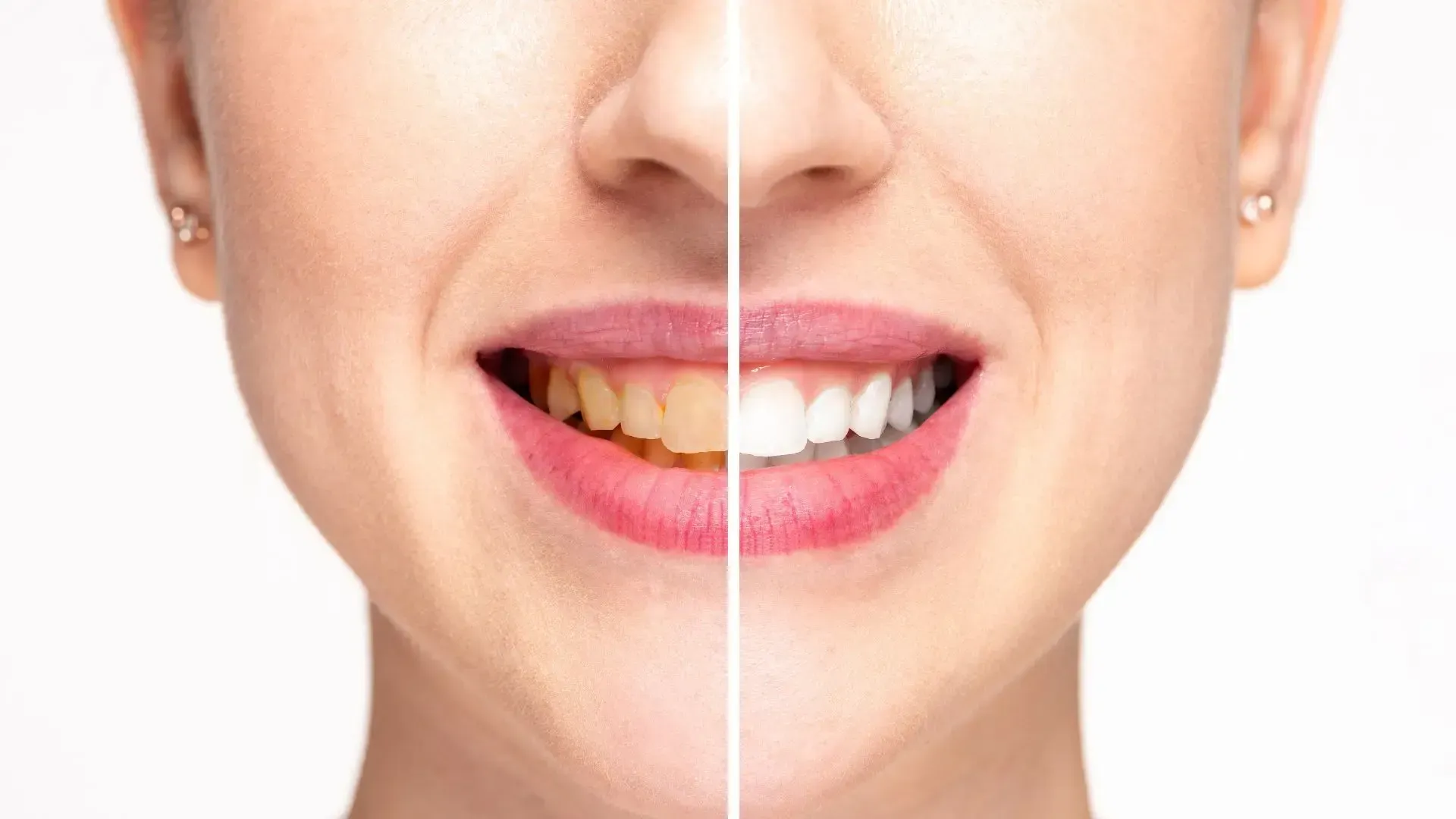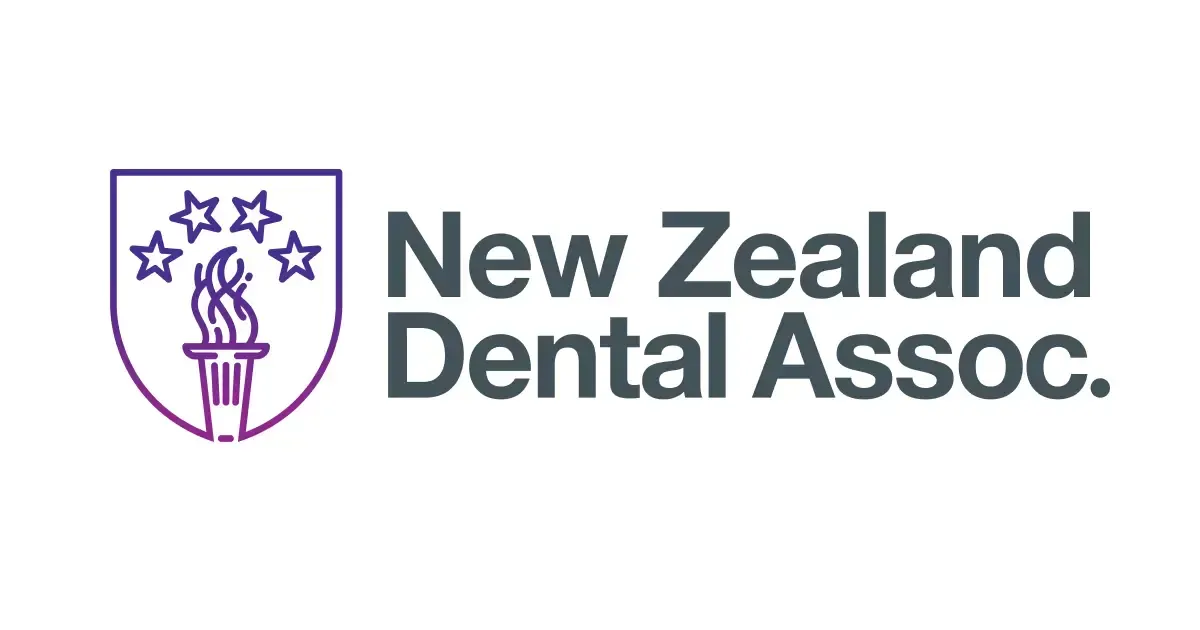Are You Ready to Floss Like a Boss?

If you have had the good fortune to visit our Duxton Dental clinic in Christchurch for dental treatment, you will have experienced first-hand how we encourage patients to floss. Flossing is a daily activity that takes only a couple of minutes yet can positively impact your health for your lifetime – Duxton Dental are big flossing fans.
Why is flossing good for you?
Your mouth is the ideal breeding ground for bacteria, it multiplies and thrives in the conditions, producing acid as a biproduct. Attacking the enamel of your teeth, the bacteria happily progress into plaque causing bad breath, cavities, and inflammation of the gums. Left untreated, plaque hardens into tartar which escalates into gum disease. Gum disease causes tooth loss but once the oral bacteria get into your blood stream, you are at greater risk of:
· Heart disease
· Stroke
· Dementia
· Rheumatoid arthritis
· Having a premature birth if you are pregnant
Plaque is problematic for your oral health but also your general health too. Brushing and flossing your teeth are the most important and effective methods for removing plaque from your teeth. Flossing is so good for your oral hygiene because it allows you to really clean those hard-to-reach areas in between your teeth and keep the gumline debris free.
5 tips to help you start flossing
1. Select the correct flossing system. Seek your dentist’s advice as to which flossing system is best for you. There are several different flossing options available to you. Different strokes for different folks!
2. Be systematic and consistent. Floss your teeth in an order so you don’t miss any out!
3. Respect your teeth and gums – they are like precious gems, so treat them respectfully, pay them the attention they deserve. If you have 28 teeth you have 56 sides to floss, spend a couple of seconds per tooth side – so that’s 2 minutes to floss a full set of teeth.
4. No shortcuts. See above! Don’t be a smarty pants and weave floss between several teeth to speed up the process. All you are doing is spreading the bacteria between teeth and likely using damaged over used floss or interdental brushes. Use a fresh segment of floss per tooth.
5. Continue even if you see blood. When you first start flossing your gums may bleed a little. As they become healthier and less inflamed the bleeding will reduce and stop. If you still experience bleeding after a few days contact our Christchurch dentists. We’ll check you are flossing correctly!
When should you floss your teeth?
Plaque begins to form on teeth within the 4 to 12 hours after they were last brushed. Therefore, it is crucial you brush your teeth at least twice a day, and ideally floss twice too.
Should you brush your teeth first and then floss, or vice versa?
It’s down to personal preference, but according to a study by the Journal of Periodontology, flossing first is more effective at removing plaque and maintains the concentration of fluoride on the teeth after brushing.
Which is better dental floss or interdental brushes?
Just as dental care treatment and advice is tailored to an individual’s needs, whether you should use dental floss or interdental brushes also requires a personalised response. Your dentist will advise which flossing system is best for your situation, there are several factors will shape their guidance:
· Mouth size
· Dental history
· Previous motivation levels for adapting to new oral hygiene regimes
· Manual dexterity
· Presence of dental bridges, crowns or dental implants
Flossing is an essential task and has a positive impact on your dental and general health. Once you establish a routine it will become second nature. A secondary benefit is you will become more familiar with your mouth’s health and be able to recognise any changes that occur.
Contact Duxton Dental today if you would like an appointment at one of our dental clinics in Christchurch. Whether you wish to learn more about how to keep your mouth and teeth in tip-top health or have a specific concern, we’re here to help.

